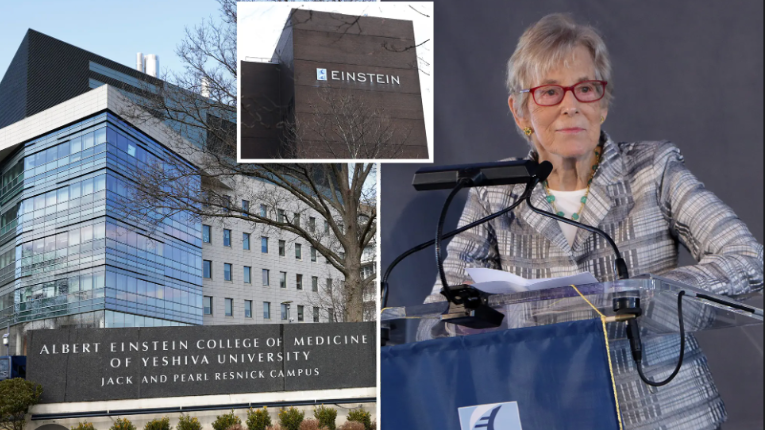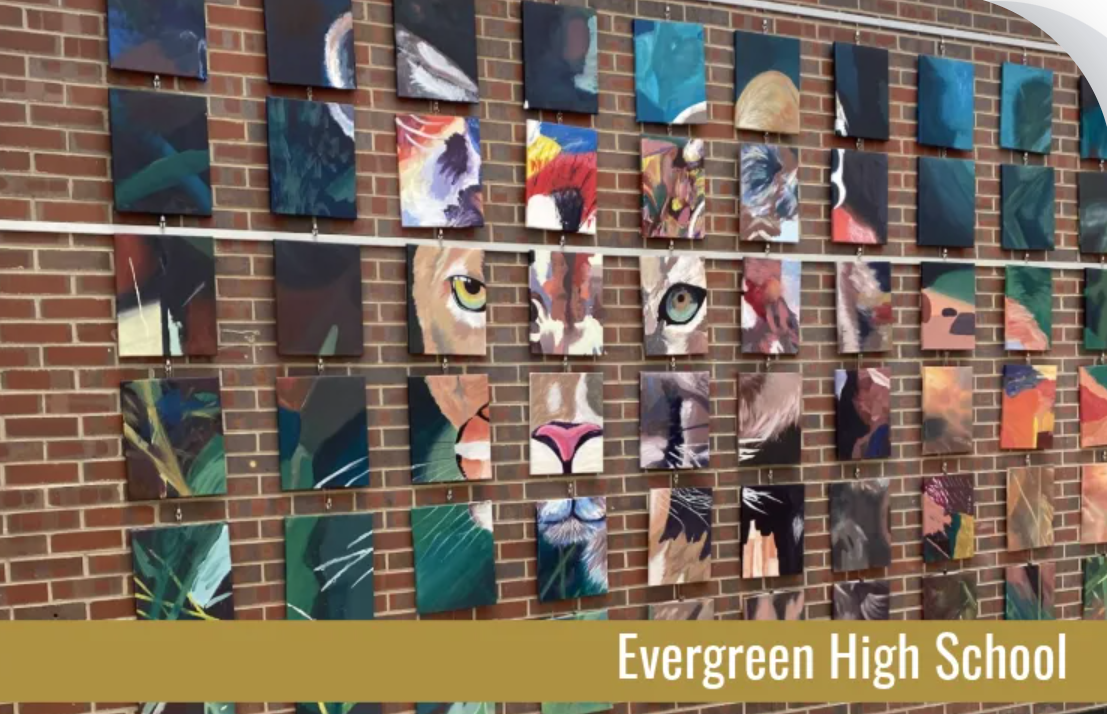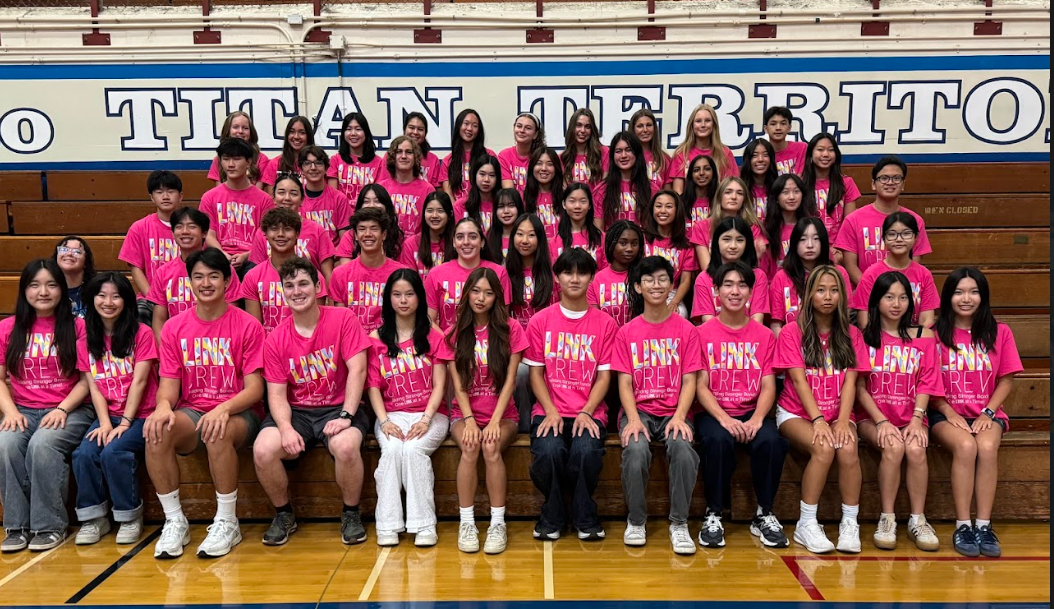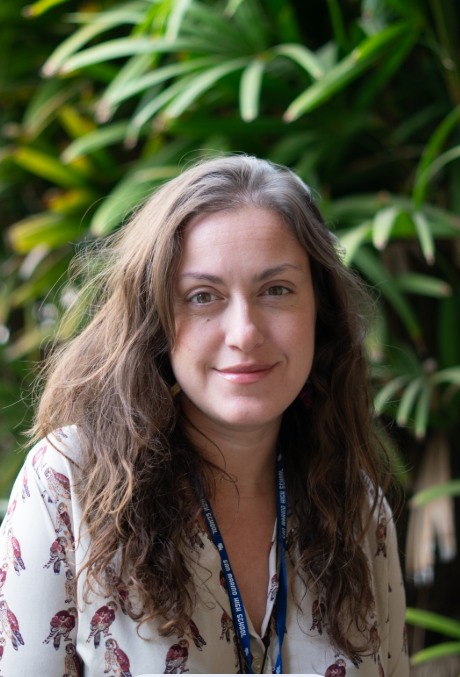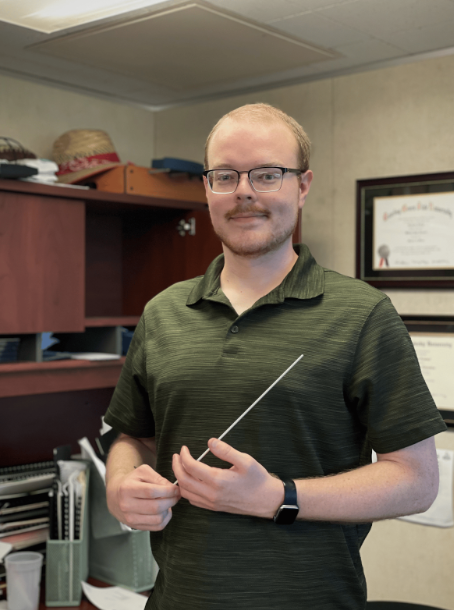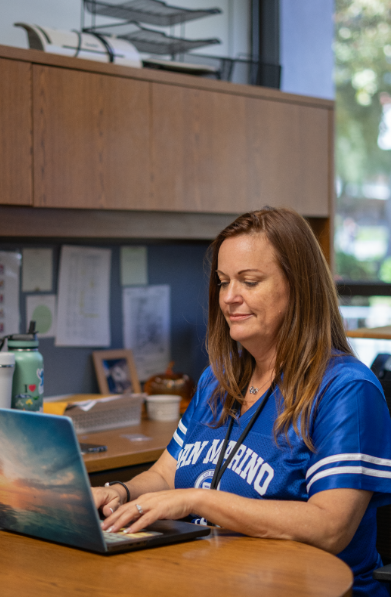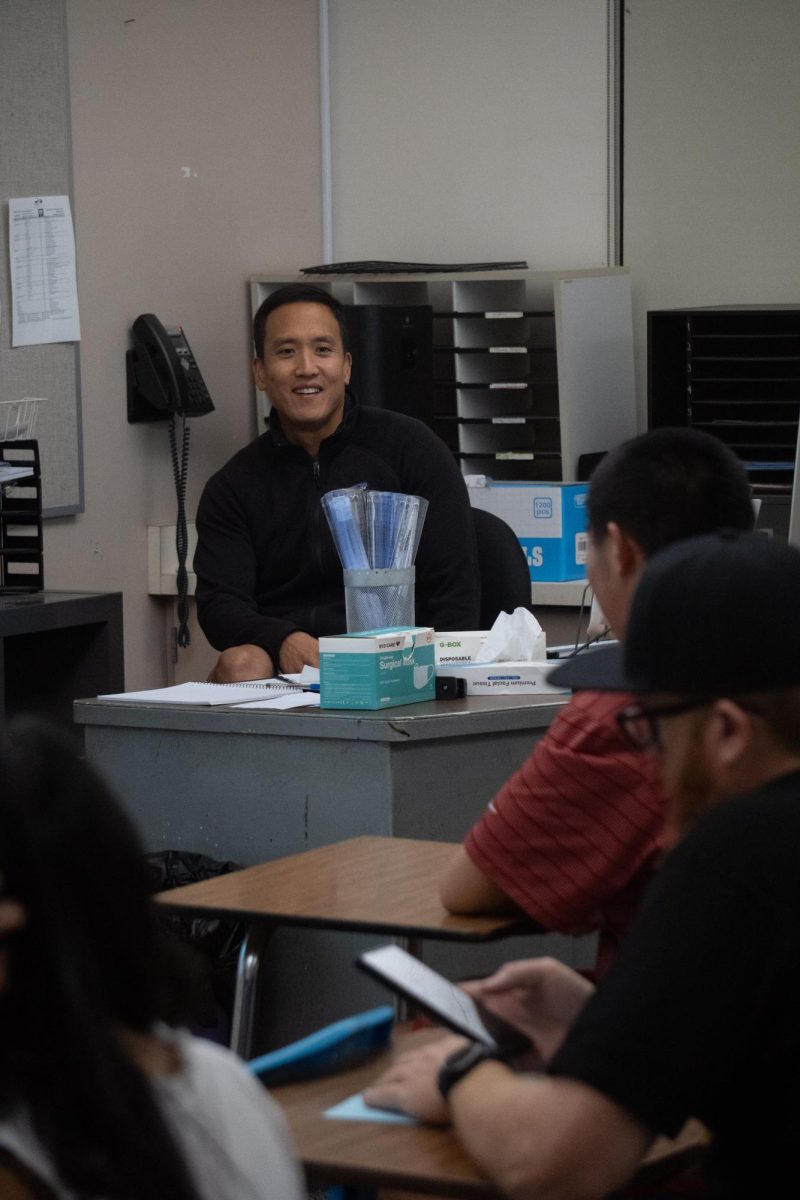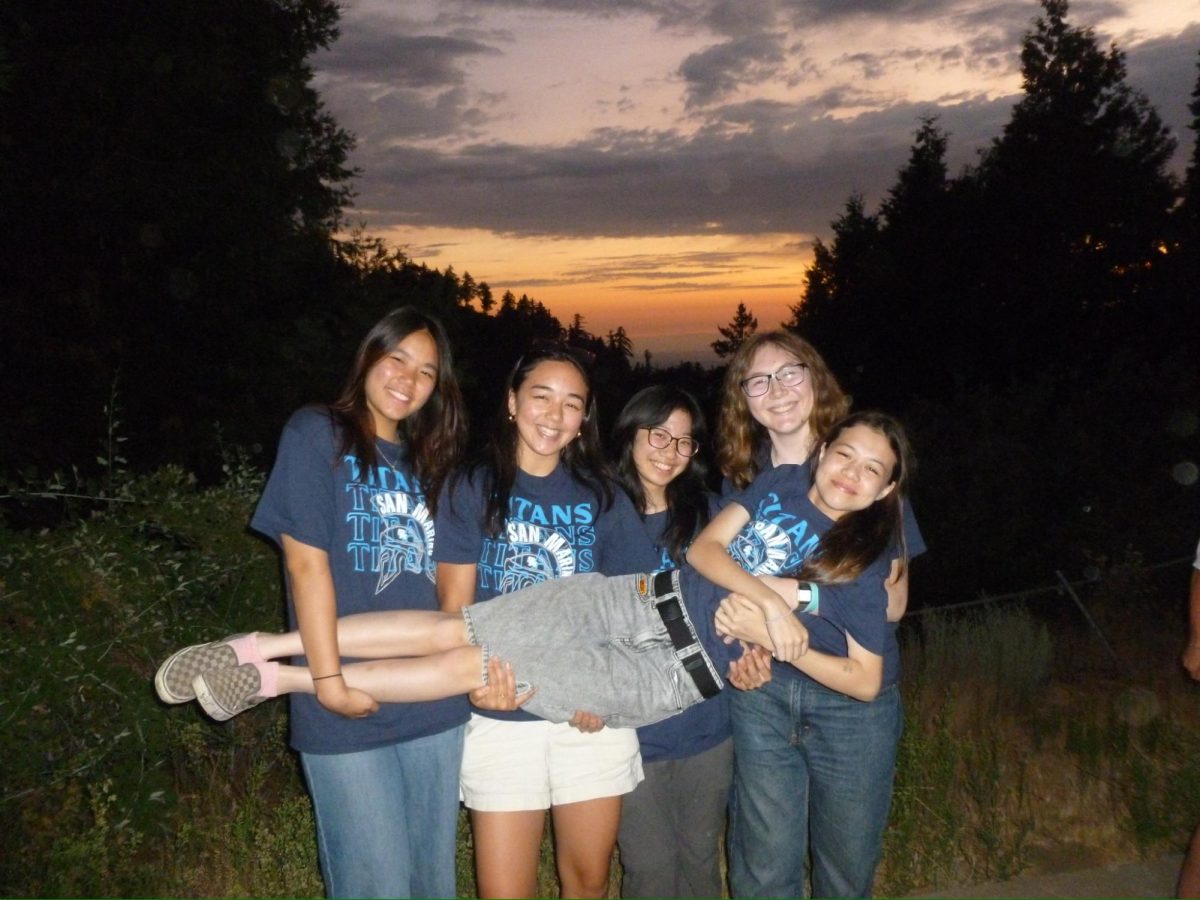In the realm of education and societal progress, few investments yield returns as profound and far-reaching as those in social services. Fields like medicine, teaching, social work, and public health are the bedrock of a flourishing society, addressing critical needs, nurturing communities, and fostering well-being. Yet, despite their paramount importance, the financial barriers to entry into these fields often deter passionate individuals from pursuing careers therein. The burden of student debt can dissuade talented individuals from pursuing careers where their skills and compassion are sorely needed, leading to shortages in critical areas.
Recently, the Albert Einstein College of Medicine in the Bronx, New York, announced that, with a $1 billion dollar donation, they will now be tuition free indefinitely. Yes, indefinitely. And on top of that, students will be reimbursed for this spring semester as well. This act of kindness and philanthropy from AECM professor, Ruth Gottesman, has ignited debate about not only how billionaires use their money, but why students in social services, like medicine, should even have to pay these excruciating amounts in the first place.
Free tuition for social services degrees would not only remove financial barriers but also align with broader societal goals. By subsidizing tuition for social services degrees, governments can ensure a steady supply of skilled professionals ready to tackle societal challenges head-on. Many social service sectors, such as nursing and teaching, face persistent shortages exacerbated by financial barriers to education. By making tuition free, we can incentivize more individuals to pursue these careers, thereby alleviating workforce shortages and improving access to essential services for all.Moreover, access to education should not be determined by one’s financial circumstances. Free tuition in social services degrees can level the playing field, enabling individuals from diverse backgrounds to enter these professions. This fosters greater diversity and inclusion within social service sectors, which is essential for effectively addressing the needs of diverse communities. While providing free tuition incurs immediate costs, the long-term benefits far outweigh them. Well-trained professionals in social services can prevent costly societal problems such as chronic illnesses, crime, and educational disparities.
From healthcare professionals to mental health counselors, those in social services play a pivotal role in promoting public health and well-being. By making tuition free for these degrees, we empower individuals to pursue careers dedicated to improving the lives of others, thereby fostering a healthier and more resilient society. Implementing free tuition for social services degrees requires a concerted effort from policymakers, educational institutions, and society as a whole. This may involve reallocating existing education budgets, introducing targeted scholarships and grants, and fostering partnerships between academia and government agencies.
Additionally, it’s essential to ensure that free tuition initiatives are accompanied by adequate support systems, including mentorship programs, internship opportunities, and financial aid for living expenses. By nurturing aspiring professionals throughout their educational journey, we can cultivate a robust and diverse workforce ready to tackle the complex challenges of the 21st century. In conclusion, the case for free tuition in social services degrees is not just about reducing financial burdens; it’s about investing in our collective future. It’s time to prioritize education as a fundamental right and ensure that everyone has the opportunity to contribute meaningfully to the well-being of their communities.
Recognizing the counterargument of how further education should be seen as an investment, I still believe it is imperative to have more encouraging incentives and relief programs for those studying and currently in social services. Yet, like everything else in this country at the moment, all we can do is wait and see what happens.
